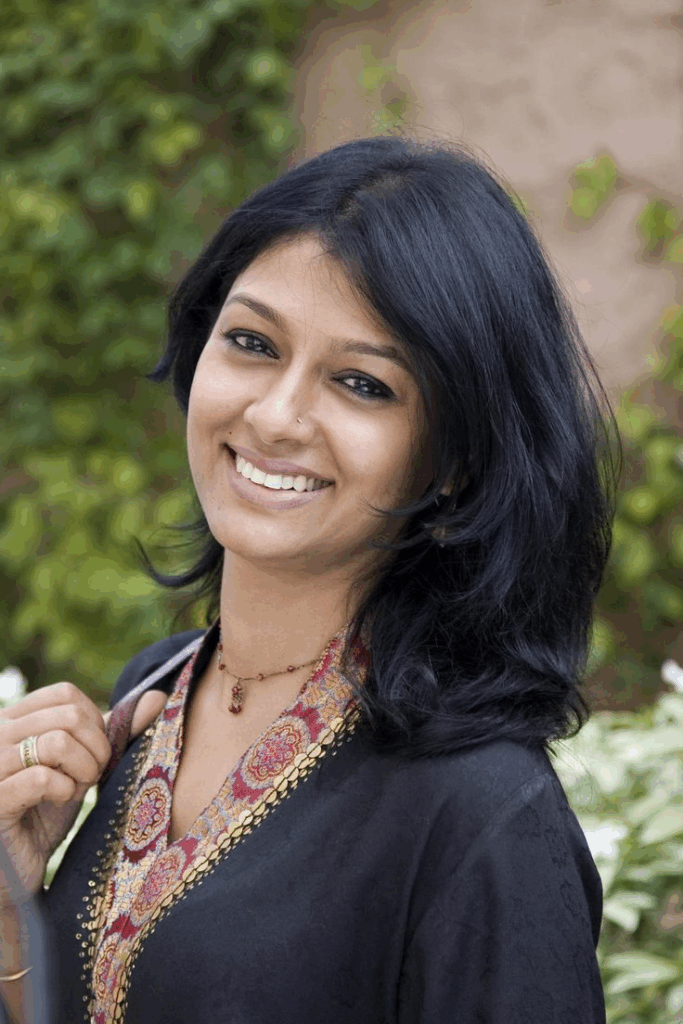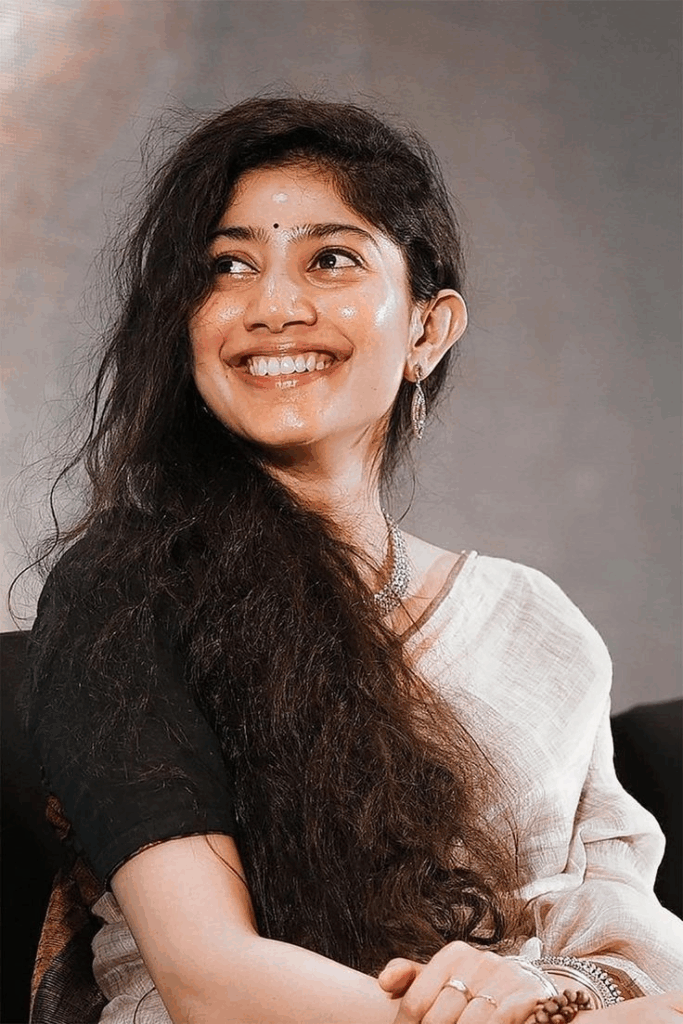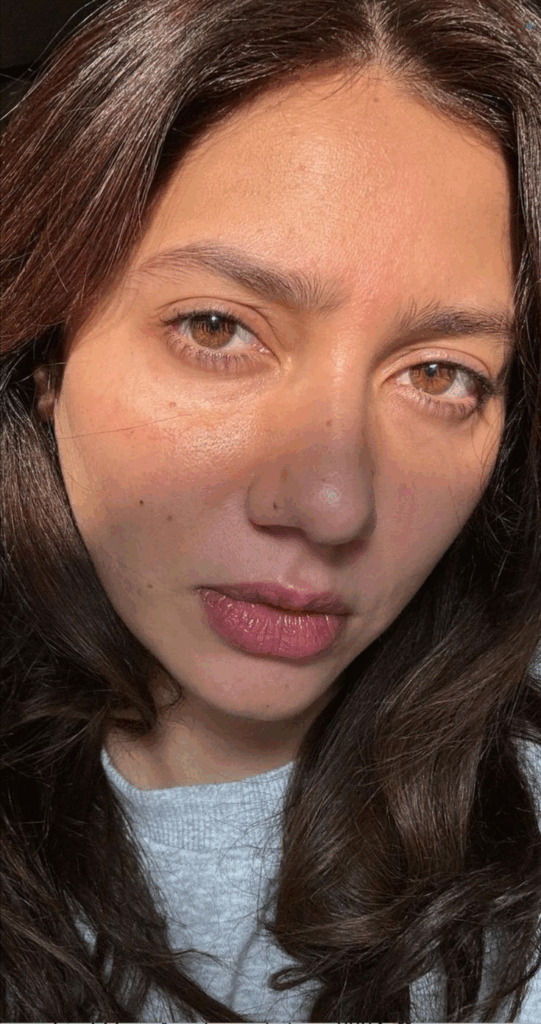
Introduction: “You’d Be Prettier If You Were Lighter”
At age 9, Aanya remembers her aunt pulling her aside after a wedding:
“You’ve gotten so dark! Stay out of the sun, beta. Who will marry you like this?”
She didn’t understand what she had done wrong — except exist in her own skin.
For many South Asians, especially women, beauty is not just skin deep — it’s skin tone deep.
Colorism — the discrimination based on the darkness of your skin — is so normalized, it often masquerades as “advice,” “concern,” or “tradition.”
But beneath the surface, it carves deep cracks in self-esteem, belonging, and mental wellness.
The Inherited Shame of Darkness
Colorism in South Asia is rooted in:
- Colonialism, where fairness was linked to power, class, and status.
- Casteism, where lighter skin often meant privilege and proximity to upper caste identity.
- Media and matrimonial culture, which glorifies fair skin as the ideal.
Stat:
A 2020 survey by Dark Is Beautiful found that 72% of South Asian women reported being told to lighten their skin at least once before age 18.
This pressure begins young — and lingers in ways we often don’t name.
Real Stories: Beauty as a Burden
Nilofer, 30, shared:
“I started using Fair & Lovely at 13. Not because I wanted to — but because my mom said no one would take me seriously otherwise.”
Ayesha, 25, added:
“My sister is lighter than me, and growing up, everyone always called her ‘pretty’ and me ‘smart.’ It felt like my skin tone disqualified me from being desirable.”
Anu, 33, said:
“Even in the diaspora, it followed me. In college, a South Asian guy told me, ‘You’re cute, but I don’t usually go for darker girls.’ I laughed it off, but I went home and cried.”
These aren’t isolated experiences — they’re part of a cultural inheritance of insecurity.
The Mental Health Toll: Invisible Wounds
The impact of colorism isn’t just external — it cuts inward:
- Low self-worth
- Body dysmorphia
- Internalized racism
- Social anxiety
- Fear of rejection and invisibility
In therapy spaces, many South Asian women share how their earliest shame was tied to their skin.
That shame becomes a silent shadow — following them into adulthood, dating, careers, and identity.
As South Asian psychologist Dr. Rupa Sharma notes:
“Colorism creates a double burden — especially for darker-skinned women — of proving both their worth and their beauty in a system that denies both.”
Breaking the Fairness Myth: Healing Through Truth
The narrative is beginning to shift — led by:
- Activists and influencers challenging fair-skin bias
- Therapists calling out the mental cost of beauty myths
- Women refusing to buy the products that sold them their own inadequacy
Organizations like Dark Is Beautiful, Brown Girl Therapy, MannMukti, and Project Anti Colorism are giving voice to what generations were taught to stay silent about.
Healing from colorism means:
- Naming it for what it is: prejudice dressed as preference
- Reclaiming the fullness of our skin stories
- Choosing visibility over apology
🎬 Unfair & Lovely: A Film That Challenges the Fairness Obsession

Directed by Balwinder Singh Janjua and starring Randeep Hooda and Ileana D’Cruz, Unfair & Lovely is more than a satire — it’s a truth bomb.
Set in Haryana, India, the film follows Lovely, a dark-skinned woman navigating ridicule, societal pressure, and self-doubt in a country obsessed with fairness.
The movie doesn’t tiptoe around the issue — it confronts the toxic culture of skin lightening, calling out:
- The multibillion-dollar fairness cream industry (like Fair & Lovely, now “Glow & Lovely” — a rebrand, not a revolution)
- Family-level bias, where daughters are advised to stay out of the sun “for marriage”
- Marriage markets, where biodata sheets ask for “fair, slim, beautiful” brides
- The mental anguish that follows being told you’re “less” for something you were born with
Why It Matters
Colorism isn’t just a social inconvenience — it’s a systemic emotional wound.
Unfair & Lovely gives it a face, a voice, and a sense of justice.
The film helps audiences:
- See how normalized colorism is in Indian society
- Empathize with the mental health effects of constant aesthetic rejection
- Reflect on their own biases and complicity in upholding skin tone hierarchies
Lights, Camera… Light Skin: Media’s Role in Upholding Colorism
South Asian film industries — whether Bollywood (India), Tollywood (South Indian cinema), or Lollywood (Pakistan) — have long played into a damaging narrative:
Fair skin = beautiful, desirable, worthy of screen time and love stories.
From casting choices to lighting, makeup, and camera filters, the message has often been clear:
If you’re darker-skinned, you’re either:
- The “comic relief”
- The side character
- Or missing from the screen entirely
But some actresses have fought back. Out loud. Publicly. Relentless
💔 Bollywood: Breaking the Beauty Bias

1. Nandita Das
Perhaps the loudest and earliest voice against colorism in Indian cinema.
“I’m always described as ‘dark and dusky’ before anything else. As if my talent isn’t worth talking about until my skin is justified.”
She refused to endorse fairness creams and launched the “Dark Is Beautiful” campaign (now known as #IndiaTooBrown) — inspiring thousands to reject shame.
2. Sayani Gupta

Known for her powerful roles in Four More Shots Please and Margarita with a Straw, Sayani is often typecast — or worse, overlooked.
“I’ve been told I’m too dark for romantic leads. As if love only happens to fair girls.”
3. Radhika Apte
Despite global success, Radhika has spoken about being called “unconventional” due to her complexion.

“We need to stop using ‘dusky’ as a polite insult. I’m not dusky. I’m brown. And that’s beautiful.”
🌺 Tollywood (South Indian Cinema): Celebrating Brown Skin… or Not?
South India is home to some of the darkest-skinned populations in India, and yet ironically, skin-lightening remains a norm in Tollywood — often in casting North Indian or lighter-skinned actresses for leading roles.
4. Sai Pallavi

A rare Tollywood actress who proudly embraces her natural skin tone — refusing makeup and fairness products onscreen.
“I don’t want to look like someone I’m not. This is how I am, and I’m okay showing it.”
Her choice has earned her massive respect and fan love — showing that authenticity can be celebrated, not just airbrushed.
🌸 Lollywood: Speaking Out in Pakistan

5. Zarnish Khan
In a bold interview, Zarnish condemned the skin-lightening obsession in Pakistani dramas:
“It’s disturbing how much emphasis there is on fairness. A girl’s worth cannot be determined by how white she looks under a filter.”
6. Mahira Khan

While often celebrated for her fair looks, Mahira has acknowledged her industry’s bias:
“Beauty is sold in one shade here. That’s not just problematic — it’s dangerous. We’re telling our daughters they have to shrink to be loved.”
A Slow But Necessary Shift
Thanks to these actresses and social media movements, the tide is turning:
- More casting directors are being called out for Eurocentric beauty preferences.
- Fans are supporting actresses who break norms.
- Fairness cream ads are being challenged (and in some cases, rebranded — though often performatively).
But we have a long way to go.
Final Thoughts: Representation Is Healing
When dark-skinned South Asian women see actresses who look like them win, love, laugh, and lead, something powerful happens:
They start to believe they can too.
Your skin isn’t the problem — the screen is.
And the more we uplift these women, the more we dismantle the lie that only fair is beautiful.
Final Thoughts: Your Skin Doesn’t Need Redemption
If you’ve been made to feel “too dark,” “too undesirable,” or “too different,” please know:
Your skin is not a flaw.
It is not a liability.
It does not need fixing — the system that taught you otherwise does.
As writer Nandita Das once said:
“Being brown is not a burden. The burden is pretending we need to be anything else.“
You are not lacking — you are luminous.
Let this be the last generation that inherits shame for the color we are born into.
Quick Glance: Colorism’s Emotional Impact on South Asian Women
| Experience | % of South Asian Women Who Experienced It |
|---|---|
| Told to avoid sun to stay lighter | 81% |
| Used fairness creams or lightening products | 64% |
| Felt less beautiful/desirable due to darker skin | 71% |
| Heard “you’d be prettier if you were fairer” | 66% |
| Struggled with self-esteem tied to skin tone | 73% |
No Responses